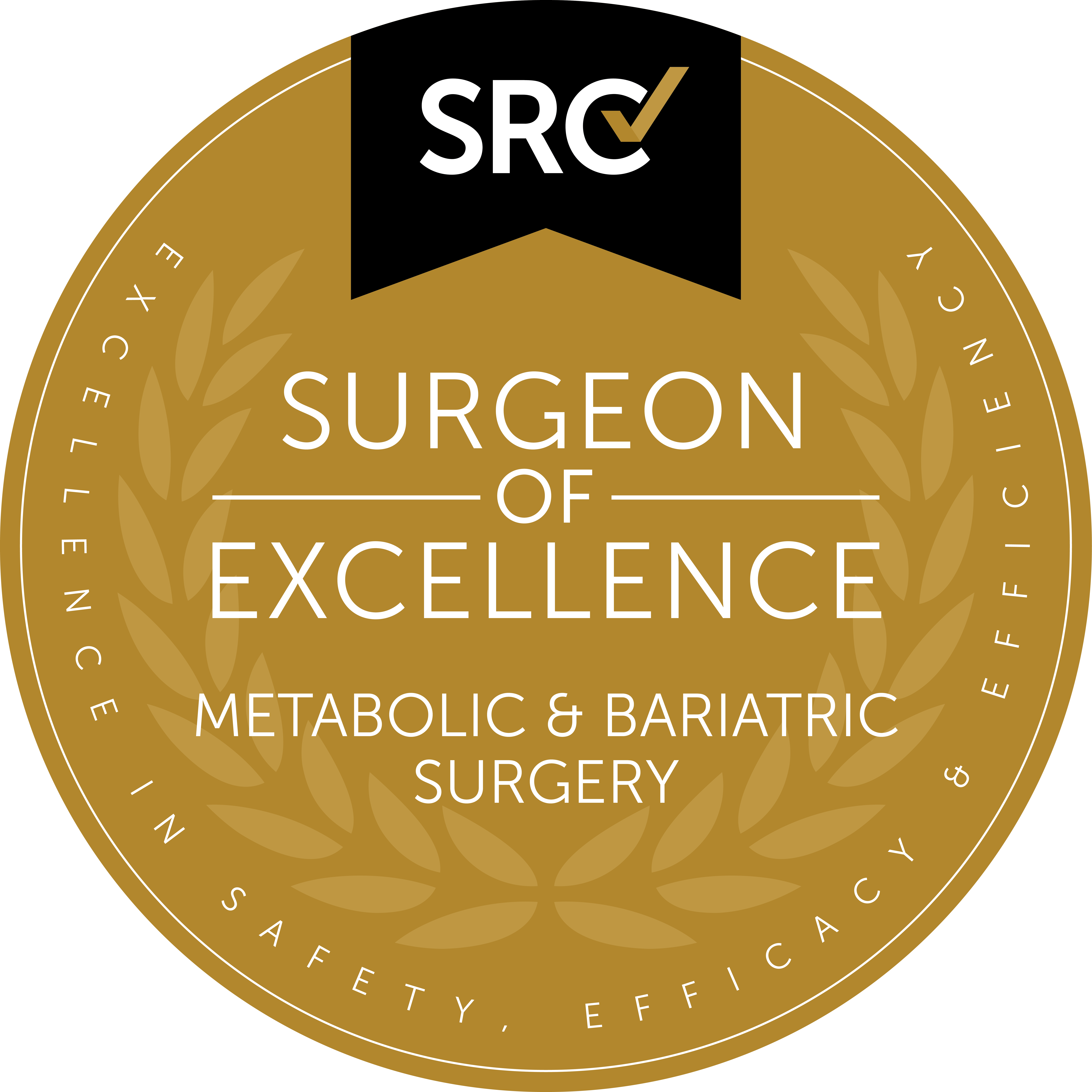Specialty
Obesity Surgery
Metabolic Surgery (Diabetic Surgery)
Proctology Surgery
Contact
Specialty
Obesity Surgery
Metabolic Surgery (Diabetic Surgery)
Proctology Surgery
Contact
Specialty
Obesity Surgery
Metabolic Surgery (Diabetic Surgery)
Proctology Surgery
|
Blog|
Op. Dr. Mehmet Deniz
|
Gastric sleeve surgery is an effective surgical method in the fight against obesity. This operation significantly reduces the stomach’s volume, enabling patients to consume less food and achieve permanent weight loss. Additionally, by removing the area where the hunger hormone ghrelin is produced, the sensation of hunger decreases. This helps patients adapt to a healthier and more sustainable diet.
Suitable candidates for gastric sleeve surgery are individuals with a Body Mass Index (BMI) of 40 or above. Those with a BMI between 35–40 who also suffer from conditions such as type 2 diabetes, hypertension, sleep apnea, fatty liver, joint diseases caused by obesity, or psychosocial disorders may also be considered eligible. While evaluating a patient’s suitability for surgery, factors such as overall health, age, and previous weight loss attempts are taken into account. Additionally, the patient’s expectations after surgery are also considered.
To ensure the surgery is performed safely, comprehensive health evaluations are conducted, including blood tests, imaging studies, and cardiology assessments. Opinions from departments such as internal medicine, cardiology, endocrinology, and psychiatry are gathered to determine surgical eligibility.
The patient's BMI, coexisting conditions such as diabetes, and overall health are taken into consideration. In some cases, a special preoperative diet may be required in the weeks leading up to surgery. It is also advised to avoid habits like smoking and alcohol consumption, as they can negatively affect the surgical process.
This procedure is typically carried out using a laparoscopic (minimally invasive) technique. Under general anesthesia, the stomach is reshaped into a narrow, banana-like tube, reducing its volume by about 75–80%. The surgery usually takes around 30 minutes, and patients are monitored in the hospital for a few days. The reduced stomach volume leads to smaller meal portions and earlier satiety.
Postoperative Process
After gastric sleeve surgery, patients must follow a specific nutritional plan:
Resuming normal eating habits should be carefully planned in collaboration with a doctor and dietitian. Personalized dietary programs developed with expert guidance improve treatment effectiveness and ensure a healthier recovery. Additionally, psychological support is recommended to help patients adapt to lifestyle and dietary changes after surgery.
In conclusion, gastric sleeve surgery is a safe and effective treatment option for patients struggling with weight management and obesity-related health conditions. The success of the surgery depends not only on the procedure itself but also on the preoperative preparation, the precision of the surgical process, and the quality of postoperative care. Following medical guidance, working with dietitians and other health professionals, adopting healthy lifestyle habits, and maintaining a sustainable diet plan are key factors in achieving lasting results.

Op. Dr. Mehmet Deniz
Haziran 26, 2025
Did you find this content useful? Share it on your social media accounts:
Share with Facebook
Share with Twitter
Share with WhatsApp

Contact
+90 (533) 641 80 90
+90 (551) 690 80 90
[email protected]
Mimar Sinan, Işılay Saygın Sokak No: 23 K, D:1, 35220 Konak/İzmir
© 2023 Op. Dr. Mehmet Deniz - Izmir's First Metabolic Surgery Center
Designed By
Free Pre-Interview